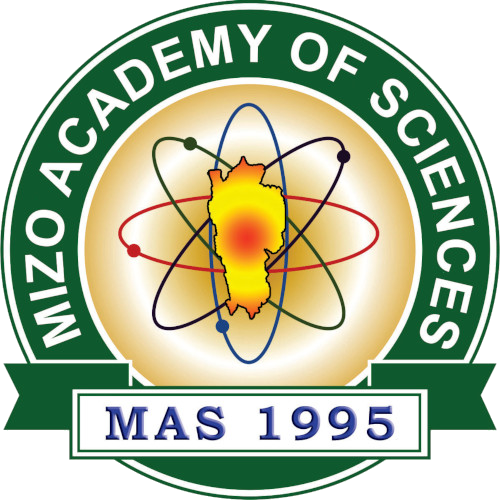Critical analysis on inclusion of environmental studies in the elementary, secondary and senior secondary schools in Mizoram, India
H. Lalramnghinglova , Anil Pratap Singh, P.C. Lalrintluanga
Abstract
Education is a process of development which includes three major activities, namely teaching, training and instruction. Environmental education is a process to promote the awareness and understanding of the environment, its relationship with man and his activities. It is also aimed at developing responsible actions necessary for preservation, conservation and improvement of the environment and its components. It has been introduced as a regular course in formal school education system in India following the directive of the Supreme Court of India. The present study aims at critically analyzing curriculum of environmental studies at primary, secondary and senior secondary level. The detailed analysis was done on the basis interactions with important stakeholders. In our study, we found that there is scarcity of qualified teachers to teach Environmental studies at each level. During interactions it was found that teachers have several environmental knowledge gaps and misconceptions about important environmental issues like about acid rain, ozone layer depletion and greenhouse effect. Our survey indicates that teachers hardly practice innovative methods to teach environment education. Most commonly used method is lecture. Field visits, practical, study tour and demonstrations are missing in many schools. It was also found that course content is not incremental; there is very often repetition of the topics. At college level, there is a need to focus more on environmental education and upgrade the course components. There should be both pre-service and in-service training for teachers to infuse emerging issues in course content. Such training should equip teachers for collecting and using relevant teaching materials to impart emerging issues. A few suggestions and recommendations are given based on critical analysis.


